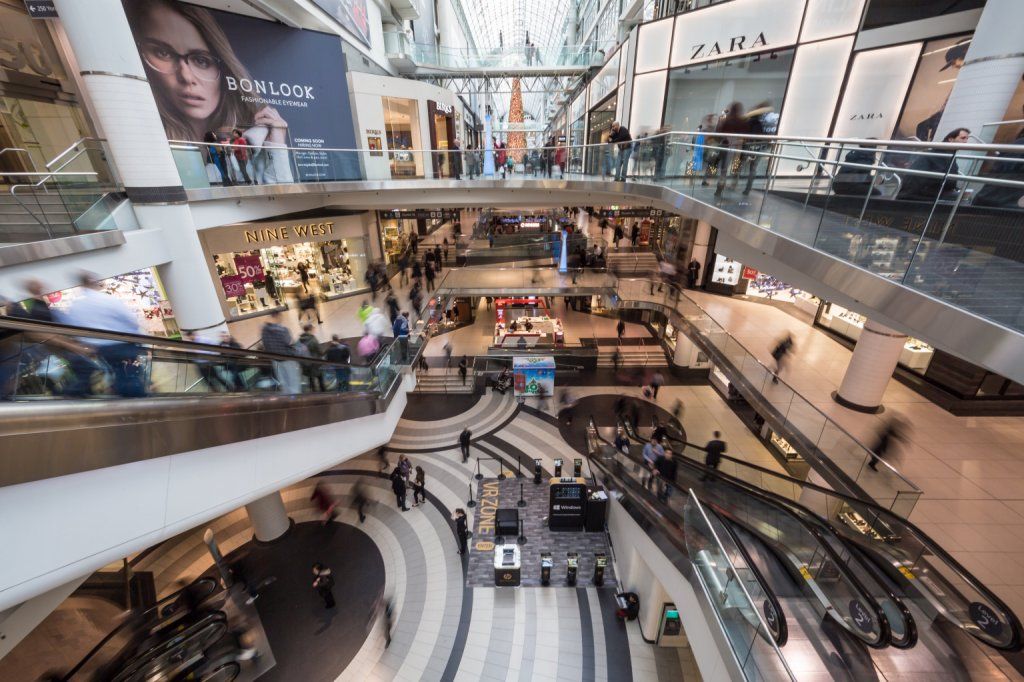3 Ways the Industrial Market is Being Impacted by Retail

Retail trends have had a huge impact on the industrial market for the last few years. Amazon shifted the entire e-commerce industry to lightning-fast shipping, which means that industrial centers and warehouses are being moved to closer-to-the-city locations to handle the load.
On top of that, the trend toward reduced store size means that there’s more need for off-site storage and warehousing for retail products than ever before. Here are 3 other ways that the industrial market is being impacted by retail.
#1: Massive Closures of Big Retailers
Everything that you could buy at places like Sears, Kohl’s, and JC Penney can be ordered online at Amazon for less and with front door delivery. Because of that, retail giants are seeing massive closures. This year alone, Sears is closing 150 of its stores, JC Penney is planning to close 140 stores, and Macy’s is closing 100 stores but they’re not the only ones.
Brick-and-mortar retail overall is preparing for massive closures due to bankruptcy over the next year, largely because of Amazon, but also other online retailers. These closures are both haunting and inspiring for the industrial market. Those holding leases for big box stores are preparing for huge hits. Those investing in these shuttering retail stores have big new innovative ideas for how to reuse these spaces.
#2: Rethinking of Industrial Space Use
The vacancy rate for industrial space hit a low point last year with a basis point drop of 70 points to 5.6%; lower than the record low hit in 2000. Those vacancies may not last long as industrial leaseholders and investors seek to find new uses for spaces now housed by failing retail giants.
Again, e-commerce is the driver behind this trend sweeping through the industrial market; the rethinking of industrial space use. Some old shuttered storefronts make excellent fulfillment and distribution centers that are located closer to city centers. They are now being converted to handle last-minute-mile issues for new online retailers to aid in faster on-time delivery.
#3: Global Consumption Increases due to E-Commerce
U.S. retailers aren’t the only ones feeling the effects of retail on the industrial market. E-commerce has also increased global consumption and is expected to account for at least 30% of the global economy over the next several years. Products once cost prohibitive for people living in the Far East are now as easy to order online as they are in the U.S.
That has helped to expand the global reach of online retailers beyond U.S. borders. With that, the need for more physical space to house all of the goods needed to accommodate the growing global demand for faster delivery has made once abandoned industrial spaces more attractive.
Some of the top players in the global market demanding more supply from U.S. online retailers are China, Brazil, and Mexico. Expect the reach of global goods from online retailers in the U.S. to expand to other parts of the world, thus further increasing the appetite for more industrial space.
A Trusted Guide in Commercial Real Estate
Coldwell Banker Commercial® provides Commercial Real Estate Services from Property Sales and Leases, to Property Management. Learn how our expansive network of Independently Owned and Operated Affiliates and Real Estate Professionals use their in-depth knowledge of the local market and industry trends to help businesses and investors navigate the complexities of the commercial real estate landscape.






